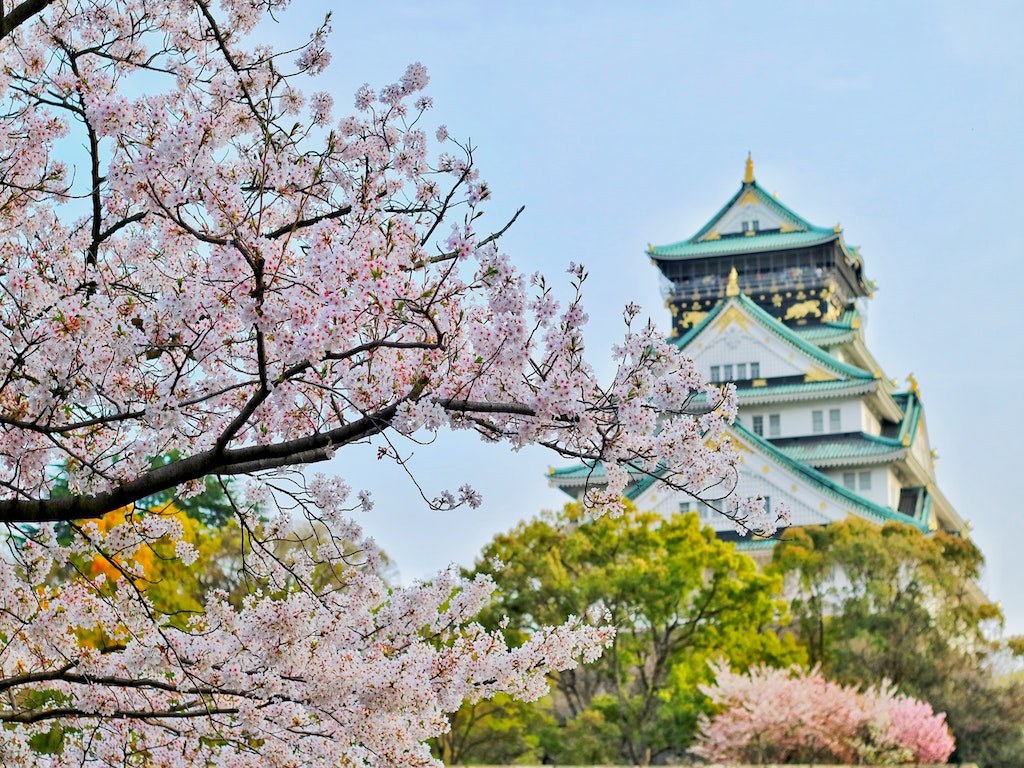4 Mins Read
Have you been searching for a way to describe something you’ve felt, and just can’t pin down using the English language? We’ve definitely felt that way before. Luckily, there are some Japanese words that are just so relatable, and we are here to share them with you! Here are 7 Japanese words that seem to perfectly condense an indescribable feeling or activity in a straightforward way:
1. Mottainai
Mottainai is a term that has recently been picked up by environmental activists, especially ever since a certain Japanese lady created a minimalist craze. In Japanese, mottainai is an expression of regret over waste – it literally translates to “what a waste!” Since being used by Kenyan green activist Wangari Mathai at a United Nations conference, the term has become a slogan to promote protecting our planet through reducing, reusing and recycling. In addition to the primary use of the word to describe wastefulness in Japanese, it is also used to mean “more than one deserves.”
Use it in a sentence: “After a marathon of Marie Kondo on Netflix, Nadine can’t stop lecturing us about mottanai.”
2. Shinrin-yoku
Are you in need of an outdoor nature activity that will make you feel good? In Japan, there is something called shinrin-yoku, the practice of forest bathing. It involves immersing yourself in the atmosphere of the forest, taking it in through your senses to restore mood and energy. The practice has its roots in the worship practices of Shinto and Buddhism. First developed in 1982 by Japan’s Ministry of Agriculture, Forestry and Fisheries as a response to the emergence of karoshi (death by overwork), it has since become a popular therapy option.
Use it in a sentence: “My weekly hikes really help me get some much-needed shinrin-yoku.”
Read more about Shinrin-yoku & Why Trees Are So Magical
3. Satori
Satori is a Japanese Buddhist term, derived from the verb satoru, and it means awakening or understanding. In the Zen Buddhist tradition, satori is used as a reference to experiencing and realising one’s true nature – a state of enlightenment. According to D.T. Suzuki, satori is at the core of Zen thinking. You’ll also be surprised to know that the term also exists in Chinese (悟), which when used in conjunction with other characters is an expression for consciousness, awareness or the power of understanding.
Use it in a sentence: “A month-long yoga retreat in Bali helped Lily find satori.”
4. Hikikomori
Hikikomori describes socially withdrawing, shutting yourself out from the world, or pulling inward. Sometimes used to categorise a group of reclusive adolescents or modern-day hermits, we can perhaps use hikikomori as a warning that we have to take care of ourselves and our mental health. Yes, no matter how much of a social butterfly you might be, we all need some me-time sometimes. But if you are struggling, it’s always okay to reach out to those around you for help.
Use it in a sentence: “During Joanna’s hikikomori phase, she became increasingly anti-social.”
5. Oishii
Simply meaning tasty or delicious, oishii is definitely a term we should live by. Food should be shared, it should be enjoyable and it should be oishii! So next time you sit down with your family for a mouth-watering home-cooked meal, or if you’re out on a luxurious dinner date, remember to give the chef of the night a compliment in Japanese.
Use it in a sentence: “The oishii quotient was off the charts at Green Queen’s latest vegan dinner.”
6. Wabi-sabi
Wabi-sabi is a perspective that accepts transience and imperfection in aesthetics. It is about seeing beauty in something that might conventionally be perceived as incomplete or imperfect, and appreciating that things are not always permanent. In design, qualities of the wabi-sabi aesthetic include asymmetrical shapes, roughness, minimalism, and natural. In a broader sense, the term means to find natural objects and our surrounding environments fascinating. The Japanese, for instance, often use the term to describe fading autumn leaves – changing over time, imperfect, yet beautiful.
Use it in a sentence: I’m all about wabi-sabi these days- perfection is so overrated.
7. Ikigai
We saved the best-known one for last, of course. Ikigai is the now-famous Japanese concept that roughly translates to “reason for being”. It is usually used to indicate what one’s purpose is, or the things that make life worth living. It is also a deeply personal term – each person’s ikigai is specific to one’s own value system, beliefs and life experiences and reflects the inner self. Activities that allow ikigai to be felt are not forced, but are spontaneous and comes out during a mental state of ease. So what’s your reason for waking up each morning?
Use it in a sentence: “It took a few years, but I’ve finally found my ikigai in life and I can’t wait to pursue my passion.”
Lead image courtesy of Pexels.




